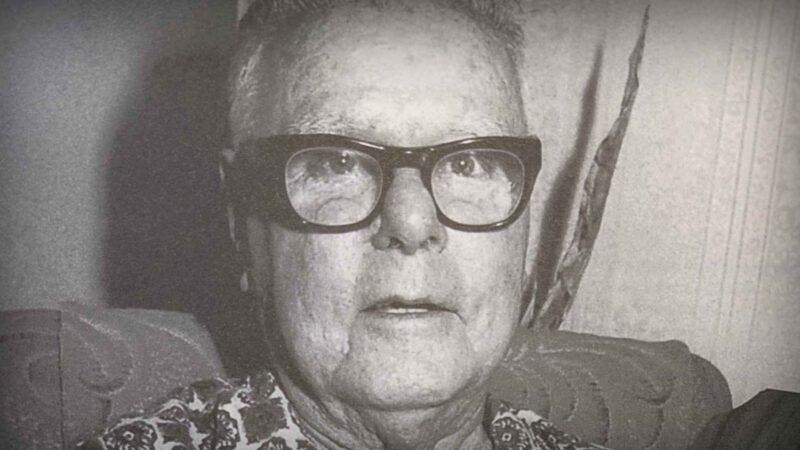Medicines Australia’s Continuing Education Program (CEP) is designed to educate medical representatives to a recognised industry standard. Dr Tristan Ling, CEP Academic Lead and Project Manager at the College of Health and Medicine, University of Tasmania talks about the 900 students that come through the program each year.
The CEP is primarily directed at medical representatives working within the prescription medicines industry, but is also recommended to people who may not be currently employed within the industry but would like to pursue a career as a medical representative. It is also available to personnel working for organisations interacting with the pharmaceutical industry.
Medicines Australia CEO Elizabeth de Somer talks about how the CEP program provides the information needed by medical representatives, that talk to health care professionals, talk with accuracy, balance and in an evidence based manner about their products.
Australian Health Journal spoke with recent CEP graduates Samantha Wicks, Christopher Lems and Megan-Anne Jefferys on their experiences in the program and how it positively impacted their confidence and knowledge of the industry.
The CEP is currently offered online through the University of Tasmania’s Unit for Medication Outcomes Research and Education (UMORE), which is housed in the University’s Pharmacy Division.
You Might also like
-
30 years on, Viertel Foundation legacy continues
One of Australia’s largest charitable foundations, the Sylvia and Charles Viertel Charitable Foundation, is celebrating three decades of transforming Australian healthcare – with more than $90 million invested in medical research and a legacy of breakthroughs that are saving lives. Viertel Fellowships support some of Australia’s best and brightest researchers and clinicians, with 70 Fellowships awarded to date.
-
New option for management of high-risk soft tissue sarcoma of the limb
SARC032 is the first completed randomised clinical trial of its kind and has demonstrated compelling evidence to integrate immunotherapy, with the standard treatment regimen of radiotherapy and surgery for patients with grade 2 or 3, stage III soft tissue sarcoma of the limb.
-
Strengthening Evidence Through Health Research Where Most People Access Healthcare
In February 2025, the Australian Government committed over $22 million for primary care research, including $5.2m awarded to Professor Michael Kidd, Director of the International Centre for Future Health Systems at UNSW and recently appointed Australia’s Chief Medical Officer, to lead the establishment of one of the largest research collaborations in Australia focused on improving primary care.
The Royal Australian College of GPs says a new national multidisciplinary consortium for primary care research is a positive step forward to improve patient care.



